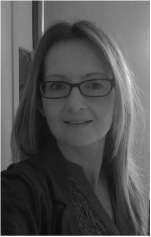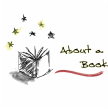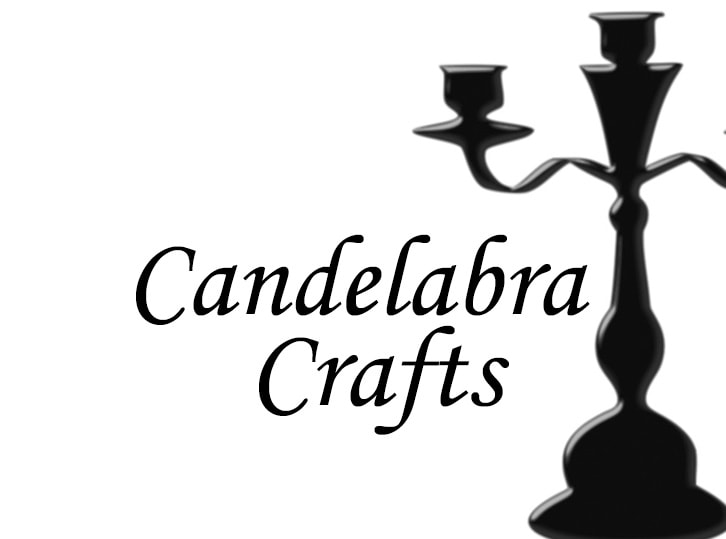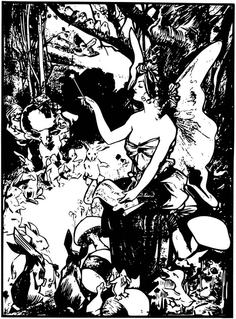 I am due to post a book review - I haven’t written one for a month or so and have recently finished reading a novel. BUT the novel in question was Tom’s Midnight Garden by Philippa Pearce and it just doesn’t seem right for me to review such a classic. I’m not saying that there is no place for reviews of classics, not at all, simply that I don’t want to write a review of this one. I’m not sure why. Perhaps part of me feels that some of the magic will be sucked out if I try to dissect or distill this part of my childhood into something as seemingly trivial as a few paragraphs. Suffice to say that I loved the book as a child and have a warm appreciation for its charm and skill as an adult. The prose is beautiful, the escapism perfect. She was a woman of exquisite talent. That is all I shall say. But reading the book rekindled something within me – a desire to reconnect with the primary school me, perhaps. Or even the simple yearning for the touch, feel and thrill of a little magic; magic that might just, if I close my eyes and wish hard enough, actually exist. So I thought back to the very first books which not only spirited me away but which left a little piece behind in my subconscious, contributing to the person I am today; a person who still hopes to find a touch of magic in the nooks and crannies of life. This passage of thought led me first to Narnia and then on to Hobbiton. After a stay at The Chalet School it took me along the Yellow Brick Road and then on adventures with Mrs Pepperpot and The Famous Five. And I wondered how many of them, like Tom’s Midnight Garden, had won the Carnegie Medal. So I checked. For anyone who is unfamiliar with the award, the Carnegie Medal is given out annually to an ‘outstanding book for children’, selected by librarians and information professionals. It began in 1936 and honours the memory of the Scottish-born philanthropist, Andrew Carnegie (1835-1919). He had a great belief in libraries and established more than 2,800 during his lifetime. The first winner of the award was Arthur Ransome who won for his novel Pigeon Post. I was a little surprised when I read the list of winners (available HERE). I hadn’t read as many of them as I’d expected. I’d spent so much of my childhood with my head buried in a book that I thought that the list would read like a roll-call of long lost friends. It wasn’t the case and I’m sorry to say that I had not heard of many of them. I was born in 1977 and so would have thought that the titles on the list up to, say, 1987 would have been familiar but, out of the awards given between the inception of the prize and 1987, I have read only FOUR of the books. That’s four out of forty-nine (some years the prize was withheld as no book was considered to be suitable). In case you are wondering, these are: 1937 Eve Garnett, The Family from One End Street 1952 Mary Norton, The Borrowers 1956 C S Lewis, The Last Battle 1958 Philipa Pearce, Tom's Midnight Garden. 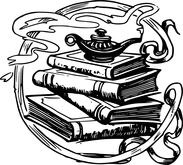 Obviously I’ve heard of some of the other authors and a few of the books (Noel Streatfeild –who I have just discovered was a woman – was big among my classmates, I loved Swallows & Amazons but Arthur Ransome won for Pigeon Post which I have not read and I could never bring myself to read Watership Down – too many dead bunnies) but there are many names completely new to me. And where is E. Nesbit, Enid Blyton, L. Frank Baum? I haven’t studied the criteria for eligibility so it may be that some of these were not available for the award and, of course, having not read many of the winners, who am I to suggest that they weren’t more worthy than those I have mentioned? It just surprised me that’s all. Perhaps I was looking too far down the list? Maybe I should take a look at books published when I was 10-15 (ie 1987 to 1992). Nope, haven’t heard of any of them. I don’t know why this is. Perhaps marketing wasn’t as developed then as it is now. I just liked what I liked and read what I could get my hands on. Other than the occasional brochure which came around school and the odd display in the library, I just picked titles off the library shelves at random and when I found a series I liked I stuck with it. Maybe it was partly because I moved on to Agatha Christie and Ellery Queen before my tenth birthday. Who knows? I would be interested to find out whether the titles which have won the award over the past few years are known to the majority of children in the relevant age group. So let’s just take a quick look at the rest of the list – the last twenty years, say. Actually, it is a little more familiar. Theresa Breslin, Philip Pullman, Terry Pratchett, Frank Cottrell Boyce, Neil Gaiman, Patrick Ness. These are all names I have heard of, although I have to admit to having read only one of the books which actually won: the masterful The Graveyard Book from the rich and lurid imagination of the incredible Neil Gaiman. Again, there are some names missing from the list: J.K. Rowling, Michael Murpurgo, for example. I am assuming they made the shortlist at least. So how many have you read? Do they represent your treasured bookish memories from childhood? Do they conjure up a place which once seemed as real to you as your own bedroom and which still exists, somewhere in your mind, teasing and tugging at the rational side of your brain? It can’t be real, there’s no such place. It was never real. It was just a story. Written in a book. A book with a light blue cover with a photograph of a scarecrow wearing a crown, a small tear in the top right hand corner. A book with cream pages which smelled of auntie’s perfume, which took me to a land of talking lions and lunchboxes which grew on trees. A land I visited often. A land I never really left.
Joyce worsfold
20/8/2015 05:18:37 am
Very though provoking. I know what you mean about magic though especially your description of the blue book, which made me realise afresh that the 'special magic brew is in the words and the characters and not in the presentation. Thank you.
Reply
N.J. McNeill
20/8/2015 09:58:20 am
I feel vindicated that I'm not the only one who has written a children's book, yet has read only a few of the titles on this list (only 3, in fact).
Reply
Diana
22/8/2015 02:45:09 am
Thank you, Bernie. A very thought provoking piece serving to highlight the gaps in my reading. But - the more you read, the more you discover you haven't read? My long distant childhood memories are focussed on a specific book, or series of books. I wasn't a big reader but I loved my mother reading to us every day. The book(s) I remember most were Enid Blyton's 'Holiday Books'. They were filled with separate stories, each one a moral directive, small moral lessons for us. The first books I read were also Enid Blyton - The Secret Seven - these seemed to be in the shadow of the more prolific Famous Five, but I loved those adventure stories. I feel sorry that Enid Blyton's reputation has been somewhat tarnished, she brought much delight to so many children.
Reply
Leave a Reply. |
Bernadette KeelingI love most types of fiction - crime, mystery, fantasy. Oh, and historical fiction of course and middle-grade books and, well, you get the picture. Subscribe for Blog updates via email:Categories
All
Archives
April 2019
Unique, handcrafted items for readers and writers:
|
B.M. Keeling
